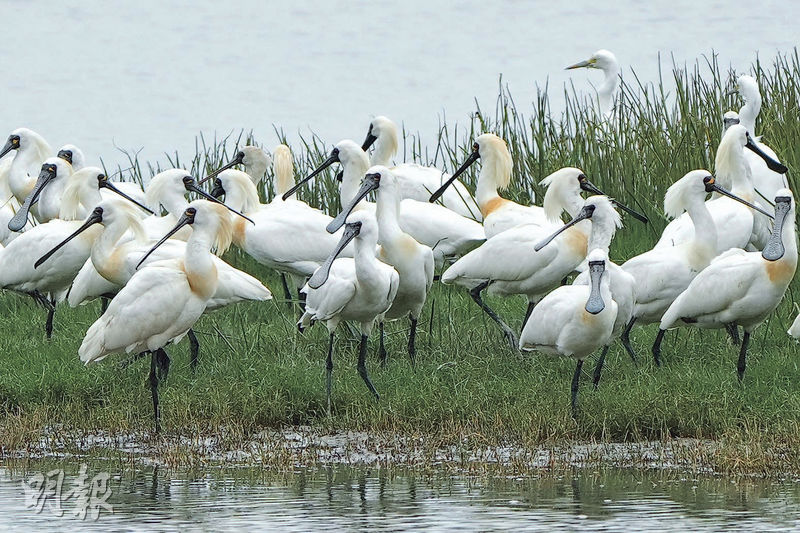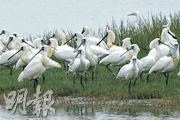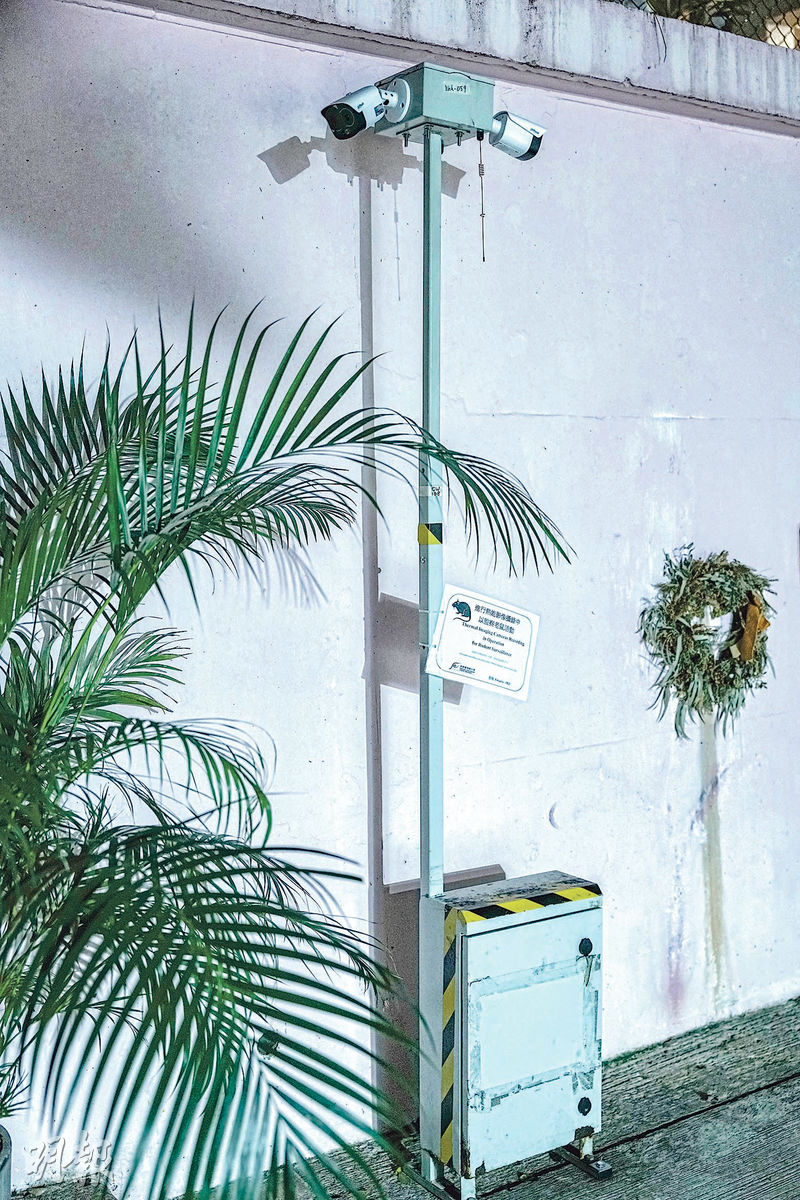英譯概念:Wetland
【明報專訊】■News summary
Translated by Odyssey Langs
The Mai Po Inner Deep Bay Ramsar Site is the largest wetland in Hong Kong, covering an area of about 1,500 hectares. As a shallow bay, it features intertidal mudflats, mangroves, tidal shrimp ponds (gei wais), fishponds and reedbeds. The mangrove area is the largest in Hong Kong. The Mai Po Inner Deep Bay is home to 51 globally threatened and near-threatened bird species, of which five are critically endangered and six are endangered. 13 species of invertebrates have the wetland as their native habitat. An average of 50,000 to 80,000 waterbirds rests there. In 1995, Mai Po and Inner Deep Bay were officially listed as a Ramsar site.
A study has found a close correlation between the number of migratory birds and the number of macrobenthic animals, including animals living in or on mudflats, such as worms, crabs and mudskippers. They are easily affected by water quality. In the area, changes in water quality are closely related to large-scale land reclamation projects and the conversion of land into concrete.
Data from the Hong Kong Bird Watching Society shows that the number of winter migratory birds in Deep Bay every year has dropped from a peak of about 90,000 in 2008 to about 48,000 in 2022, a new low in recent years. The massively shrinking area of mudflats and wetlands in Deep Bay has resulted in a reduced ability to support migratory bird flocks.
■Mock examination question
"Wetlands are important for maintaining biological diversity." How does the source provided support this view? Explain your answer.
■Suggested answer
Wetlands are the main habitat for many species, providing them with a place to live, breed and feed and thus meeting the living needs of various species and helping to maintain biodiversity.
As we can learn from the source, the Mai Po and Inner Deep Bay wetlands support a variety of invertebrates and waterbirds. With different habitats such as mudflat, mangroves, shrimp ponds, reeds and fishponds, the wetlands have no shortage of aquatic plants, plankton and other wetland plants that grow, feed and reproduce here, thus maintaining the balance of the ecosystem and food chain. Therefore, wetlands are very important in maintaining biodiversity.
Wetlands protect migratory species, provide a habitat for many migratory birds and help maintain biodiversity.
As we learn from the source, the Mai Po and Inner Deep Bay wetlands are home to an average of 50,000 to 80,000 waterbirds. Due to the increase in urbanization in Hong Kong, the area of Deep Bay mudflats and wetlands has shrunk significantly in recent years. Many migratory birds rely on the wetlands as a place to rest and stop over because they are rich in food and water. As they are suitable places for migratory birds to stop by, replenish energy and breed, the wetlands help maintain biodiversity.
(本網發表的作品若提出批評,旨在指出相關制度、政策或措施存在錯誤或缺點,目的是促使矯正或消除這些錯誤或缺點,循合法途徑予以改善,絕無意圖煽動他人對政府或其他社群產生憎恨、不滿或敵意。)
[智學公民 第087期]







